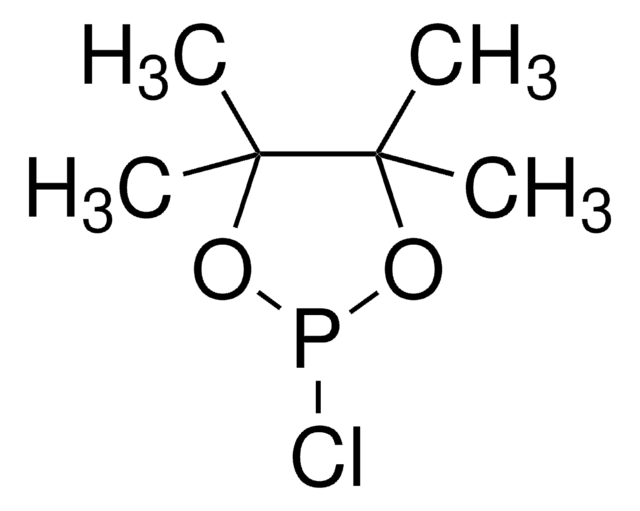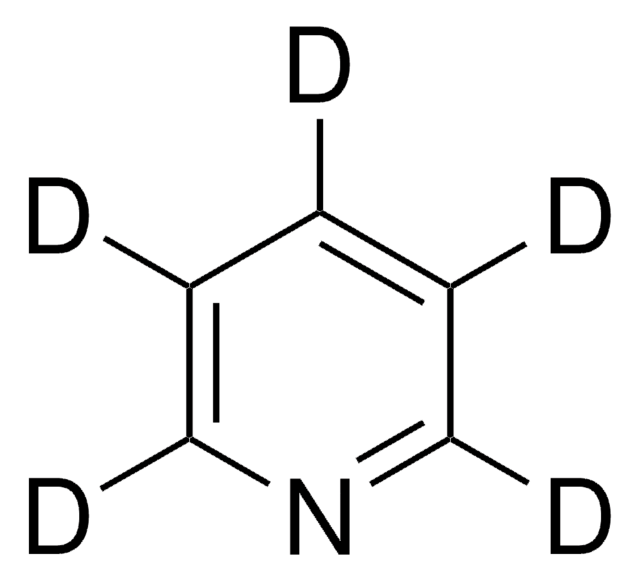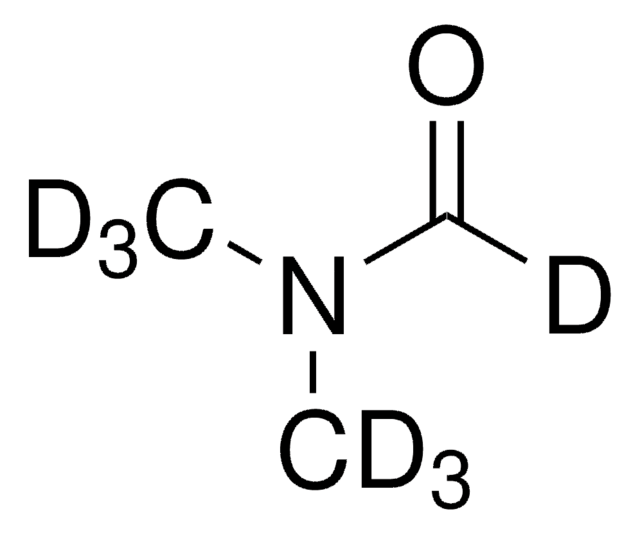226378
N-Hydroxy-5-norbornene-2,3-dicarboxylic acid imide
97%
Synonym(s):
N-Hydroxybicyclo[2.2.1]hept-5-ene-2,3-dicarboxylic acid imide, HONB
Sign Into View Organizational & Contract Pricing
All Photos(2)
About This Item
Empirical Formula (Hill Notation):
C9H9NO3
CAS Number:
Molecular Weight:
179.17
Beilstein:
13540
EC Number:
MDL number:
UNSPSC Code:
12352300
PubChem Substance ID:
NACRES:
NA.23
Recommended Products
Quality Level
Assay
97%
form
solid
mp
165-170 °C (lit.)
SMILES string
ON1C(=O)[C@@H]2[C@H]3C[C@H](C=C3)[C@@H]2C1=O
InChI
1S/C9H9NO3/c11-8-6-4-1-2-5(3-4)7(6)9(12)10(8)13/h1-2,4-7,13H,3H2/t4-,5+,6-,7+
InChI key
ZUSSTQCWRDLYJA-UMRXKNAASA-N
Looking for similar products? Visit Product Comparison Guide
Application
N-Hydroxy-5-norbornene-2,3-dicarboxylic acid imide (NHND) can be used as an internal reference for the determination of OH content by the phosphytilation method. It can also be used as a solid mediator for the oxidation reaction of fullerene.
Storage Class Code
11 - Combustible Solids
WGK
WGK 3
Flash Point(F)
Not applicable
Flash Point(C)
Not applicable
Personal Protective Equipment
dust mask type N95 (US), Eyeshields, Gloves
Choose from one of the most recent versions:
Already Own This Product?
Find documentation for the products that you have recently purchased in the Document Library.
Customers Also Viewed
Polymer-assisted biocatalysis: Unprecedented enzymatic oxidation of fullerene in aqueous medium
Gitsov I, et al.
Journal of Polymer Science Part A: Polymer Chemistry, 50(1), 119-126 (2012)
Wenxiang Xuan et al.
Biomolecules, 10(7) (2020-07-24)
Dual-functioning additives with plasticizing and antibacterial functions were designed by exploiting the natural aromatic compound eugenol and green platform chemical levulinic acid or valeric acid that can be produced from biobased resources. One-pot synthesis methodology was utilized to create three
Simone Cailotto et al.
ChemSusChem, 13(17), 4759-4767 (2020-07-23)
The preparation of nanoparticles represents a powerful tool for lignin valorization, as it combines easy methodologies with high application potential. Different synthetic strategies and various lignin sources have been employed in the process. However, the great variability in the lignin
Anna V Faleva et al.
International journal of biological macromolecules, 166, 913-922 (2020-11-05)
In this article, the functional group composition of the spruce (Pícea ábies) and birch (Bétula péndula) phloem lignin is described. The features of the chemical structure were studied by analyzing dioxane lignin using the elemental analysis, UV-Vis, FT-IR, and 1D
Chiara Allegretti et al.
Molecules (Basel, Switzerland), 25(12) (2020-06-27)
Technical lignins, typically obtained from the biorefining of lignocellulosic raw materials, represent a highly abundant natural aromatic feedstock with high potential in a sustainable economy scenario, especially considering the huge primary production volumes and the inherently renewable nature of this
Our team of scientists has experience in all areas of research including Life Science, Material Science, Chemical Synthesis, Chromatography, Analytical and many others.
Contact Technical Service








